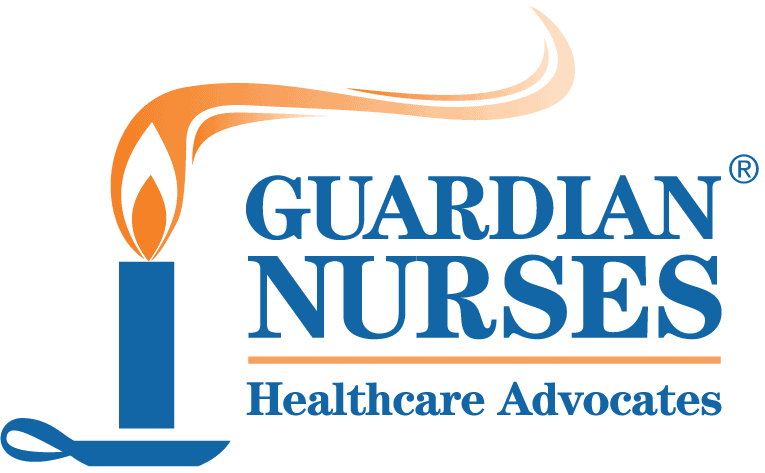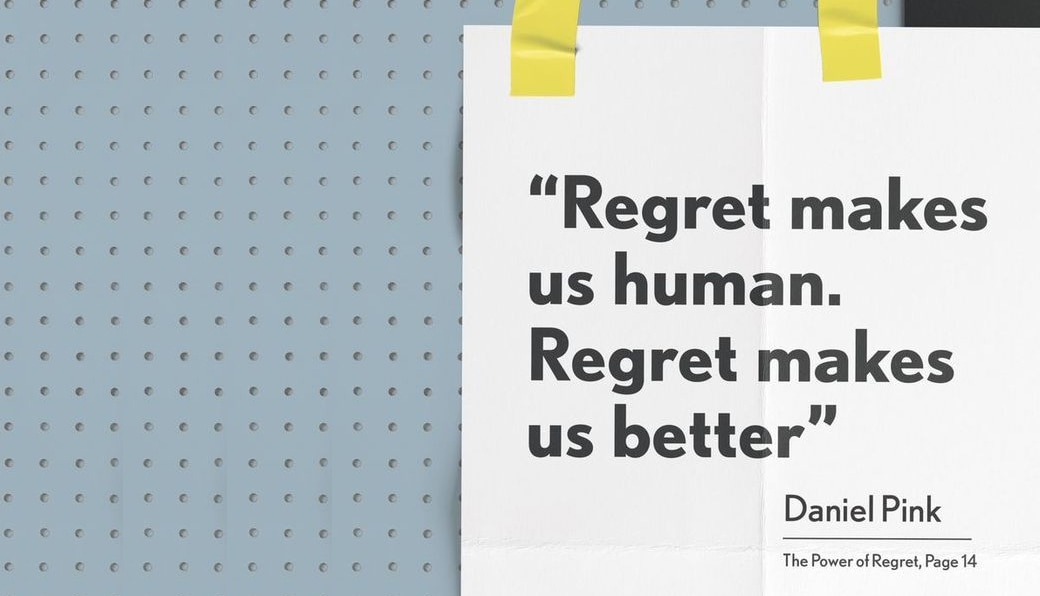Just in these first two months of 2022, I have already been to two funerals. And last year, I lost several friends. Not to mention the patients that our Guardian Nurses team lost.
Sadly, death is part of life. And many books have been written on common regrets that dying patients voice. One author, Bronnie Ware, identified five. The most common? “I wish I’d had the courage to live a life true to myself, not the life others expected of me.”
Next were “I wish I hadn’t worked so hard” and “I wish I’d had the courage to express my feelings.” The last two were: “I wish I’d stayed in touch with my friends” and “I wish that I had let myself be happier.”
Obviously these are contrary to the popular saying, “No Regrets,” which asserts to live your life forging ahead, not looking back, insight be damned! Or to the song, “My Way,” made popular by ‘Ol’ Blue Eyes’ himself, Frank Sinatra, in which the crooner sings, “Regrets? I’ve had a few, but then again, too few to mention.”
This weekend, I listened to an interview with author Daniel H. Pink on a different perspective on regret. In his new book, “The Power of Regret”, he contends that looking back might be the way to move forward. There might be lessons lurking in moments we’ve pushed from the light. Regret has long been considered a sign of weakness, but what if we saw it as a strength?
In this issue of The Flame we’ll highlight Pink’s four core regrets and give you ‘food for thought’ about looking at regrets in a different way.
— Betty Long, RN, MHA, President/CEO, Guardian Nurses Health Advocates
Regrets? I’ve Had a Few.
Regret is one of our most powerful emotions—and also one of the most misunderstood. In his new book, “The Power of Regret: How Looking Backward Moves Us Forward,” author Daniel H. Pink, shares key patterns that emerge from the more than 16,000 regrets collected from people in 105 countries around the world. Like the dying patients who were asked, we all have regrets. Regrets make us human. According to Pink, the only people without regrets are 5-year olds, people with neurological damage and sociopaths. He contends that if we treat our regrets right, they can make us better. They can improve our problem solving, make us better strategists, better negotiators, and enhance our sense of meaning. Based on his two years of research, these are the four core regrets.
1. Foundation Regrets
These regrets sound like “If only I had done the work.” These types of regrets look like not saving enough money, not taking care of their health, not eating right or not working hard enough in school or at work. They’re about making choices that didn’t allow you to have some stability in your life.
2. Boldness Regrets
These sound like “If only I had taken the chance.” Pink mentions a very common regret in his research: “X number of years ago, there was a man/woman whom I really liked, and I wanted to ask him/her out, but I was too scared to do it and I’ve regretted it ever since.” Two other common ones he identified in his research was “I always wanted to start a business but I never had the guts to do it” and “I wish I had spoken up. I wish I had asserted myself.” He explains that we get to a juncture in our life where we can play it safe or we can take the chance. Overwhelmingly, people regret not taking the chance. He notes that even people who took the chance and were not successful, do not have many regrets about that.
3. Moral Regrets
Moral regrets sound like “If only I had done the right thing.” These are situations where you’re at a juncture where you can do the right thing or you can do the wrong thing. You end up doing the wrong thing and you regret it. These are things like bullying, stealing, or marital infidelity. Pink shares the story of a 71 year old woman who, as a young girl, would go to the corner store and while she was there, she would steal a candy bar when the grocer wasn’t looking. She described being troubled for 60 years that she stole the candy bars.
4. Connection Regrets
These regrets sound like “If only I had reached out.” These are situations where you have a relationship, or ought to have a relationship, doesn’t matter what the relationship is—kids, parents, cousins, siblings, friends, colleagues. Eventually, the relationship comes apart. They don’t come apart in any dramatic way with an explosive rift. Often times it’s just by slowly drifting apart. And you reach the point where you don’t want to reach out because you believe it will be awkward or you think “they won’t care anyway.” But Pink suggests, “Always reach out.” Pink’s premise is that when we look at these core regrets, they can operate as a photographic negative of a good life. If you understand what you most regret, you can understand what you most value. Each regret reveals something fundamental about humanity and what we need and want. We want stability (foundation regrets). We want a chance to learn and grow and do something. We aren’t here forever so we want to do something, try something. (Boldness regrets). Most of us want to do the right thing. (Moral regrets). We want love. We want connection and relationship and affinity with other people. (Connection regrets). Consider that the negative emotion of regret can, if we look at it from a more positive perspective, point the way to a good life. A life of stability, a chance to take some risks, a life of doing the right thing and a life where you have people who love you and whom you love. Not a bad way to look at regrets! Too bad Frank Sinatra’s not around to do a remake. If you’d like to subscribe to our monthly newsletter to receive articles like this in your email, click here.

